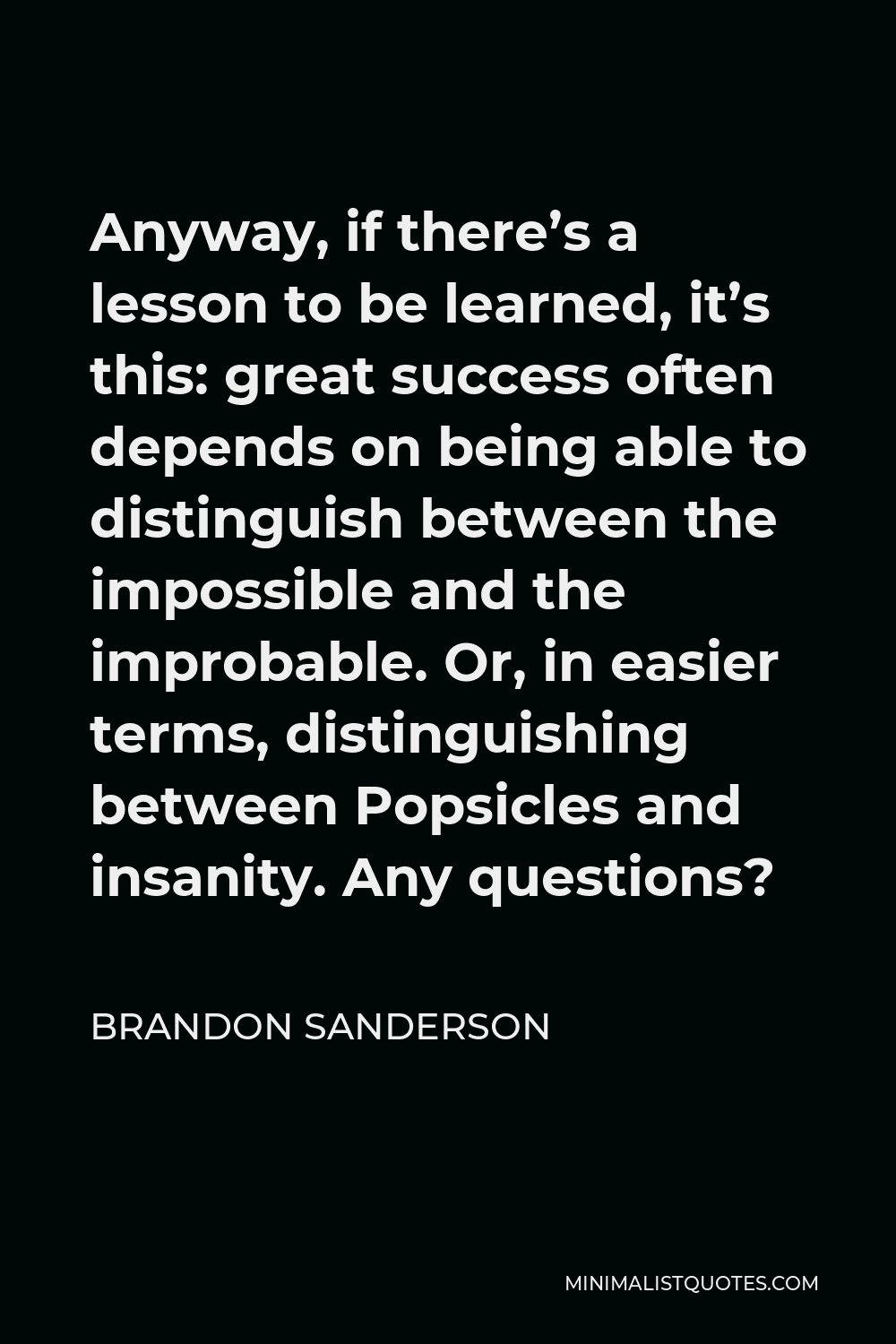Distinguishing Communication And Communications
Distinguishing Communication And Communications
Communication refers to the transfer of information between individuals or groups, while communications refers to the overall field or study of communication methods, including their principles, processes, and effects.

Communication – Free of Charge Creative Commons Office worker pointing – Source thebluediamondgallery.com
The Importance of Distinguishing Communication And Communications
Confusing the two terms can hinder effective communication and understanding, as it leads to ambiguity in specifying the scope of discussion or investigation. Clear distinction enables us to focus on specific communication instances or broader communication practices, facilitating more precise and productive conversations.

Coronation Street’s Butcher Opens Clonmel Store – Source progresspr.ie
Disambiguation for Enhanced Communication
To avoid ambiguity, it is crucial to differentiate between communication as an act or process and communications as the overarching field of study. This distinction allows for clarity in addressing specific communication scenarios, studying communication patterns, or discussing the broader implications of communication in society.

Distinguishing the difference between breakage and shrinkage – Natures – Source naturesnaturalhair.blogspot.com
The Target of Distinguishing Communication And Communications
The primary target of distinguishing between communication and communications is to enhance clarity and accuracy in communication-related discussions. By separating the act of communication from the academic discipline, we can more effectively analyze communication processes, identify communication challenges, and develop strategies for effective communication.

Free Images : iphone, smartphone, hand, photographer, red, color – Source pxhere.com
Communication: The Process of Information Exchange
Communication involves the transmission of information between individuals or groups, aiming to convey ideas, thoughts, emotions, or data. It encompasses both verbal and nonverbal cues, including speech, writing, gestures, and body language. Effective communication requires clear encoding and decoding of messages, as well as shared understanding of the communication channel and context.

Free Images : iphone, gadget, text, learning, smartphone, communication – Source pxhere.com
Communications: The Study of Communication
Communications refers to the field of study that investigates the principles, processes, and effects of communication. It encompasses various subfields, such as communication theory, interpersonal communication, organizational communication, and mass communication. Communications researchers examine communication patterns, analyze communication strategies, and develop theories to explain how communication influences human behavior and social interactions.

Facebook issues new rules on internal employee communication – Source www.cnbc.com
History and Evolution of Communication and Communications
Communication has been a fundamental aspect of human existence for millennia, evolving from cave paintings to written language, printing, and modern-day digital communication technologies. Communications, as a field of study, emerged in the 20th century with the rise of mass media and the need to understand its impact on society.

Distinguishing Quotes | Minimalist Quotes – Source minimalistquotes.com
Hidden Secrets of Communication and Communications
Beyond the surface-level differences, communication and communications hold hidden secrets. Communication is not merely about conveying information; it is about establishing connections, building relationships, and shaping perceptions. Communications, in turn, reveals the power dynamics, cultural influences, and ethical considerations that shape communication practices.

Lizard PNG – Source pngimg.com
Recommendations for Distinguishing Communication And Communications:
To distinguish communication from communications effectively, consider the following recommendations:
- When referring to the act of information exchange, use the term “communication.”
- When discussing the field of study, use the term “communications.”
- Avoid using the terms interchangeably to prevent confusion or ambiguity.

Lizard PNG – Source pngimg.com
Distinguishing Communication And Communications: A Practical Example
Imagine a team working on a project. They have a meeting to discuss their progress. During the meeting, they engage in communication, exchanging information and ideas. After the meeting, they send an email summarizing the key points discussed. This email is an example of communication. However, the team’s overall approach to communication, including their meeting structure, email etiquette, and conflict resolution strategies, is part of their communications strategy.

How to develop plot through characterisation – Lino Publishing – Source linopublishing.com
Tips for Distinguishing Communication And Communications
Here are some tips to help you distinguish between communication and communications:
- Consider the context in which the terms are used.
- Determine whether the focus is on a specific communication instance or on the broader field of communication.
- Use clear and concise language to avoid confusion.
Communication and Communications: Beyond the Distinction
While it is important to distinguish between communication and communications, it is also essential to recognize their interconnectedness. Effective communication requires an understanding of communication principles and theories, while communications research informs and improves communication practices. By embracing both perspectives, we can enhance our communication effectiveness and advance the field of communication.
Fun Facts about Distinguishing Communication And Communications
Here are some fun facts about communication and communications:
- The average person speaks at a rate of about 120 words per minute.
- The most widely spoken language in the world is Mandarin Chinese.
- The first email was sent in 1971.
How to Distinguish Communication And Communications
To distinguish between communication and communications, consider these key points:
- Communication is the process of information exchange, while communications is the study of that process.
- Communication focuses on specific instances of information exchange, while communications examines broader patterns and principles.
- Both communication and communications are essential for effective human interaction and social development.
What if Communication and Communications Converge?
In the digital age, the lines between communication and communications are becoming increasingly blurred. Social media platforms, for example, facilitate both individual communication and the dissemination of information to mass audiences. This convergence requires us to rethink our understanding of communication and communications, and to develop new strategies for effective communication in a rapidly changing media landscape.
Listicle: Distinguishing Communication And Communications
Here is a listicle summarizing the key distinctions between communication and communications:
- Communication is the process of information exchange.
- Communications is the study of communication processes and effects.
- Communication focuses on specific instances of information exchange.
- Communications examines broader patterns and principles of communication.
- Both communication and communications are essential for effective human interaction and social development.
Question and Answer
-
What is the difference between communication and communications?
Communication refers to the process of information exchange, while communications refers to the study of communication methods, principles, and effects.
-
Why is it important to distinguish between communication and communications?
Distinguishing between communication and communications helps clarify the scope of discussions, avoids ambiguity, and enables more precise and productive conversations about communication.
-
What are some tips for distinguishing between communication and communications?
Consider the context, determine the focus (specific instance or broader field), and use clear and concise language.
-
How do communication and communications relate to each other?
Communication and communications are interconnected; effective communication requires an understanding of communication principles, while communications research informs and improves communication practices.
Conclusion of Distinguishing Communication And Communications
Distinguishing between communication and communications is crucial for clarity and accuracy in communication-related discussions. Communication, as the process of information exchange, differs from communications, which is the study of communication principles and practices. Recognizing this distinction empowers us to engage in more effective communication, advance communication research, and foster meaningful connections in our personal and professional lives.




